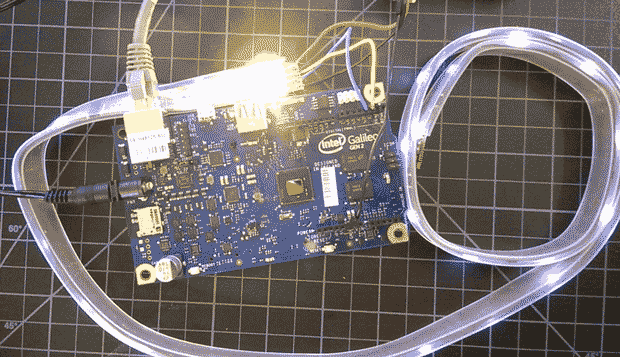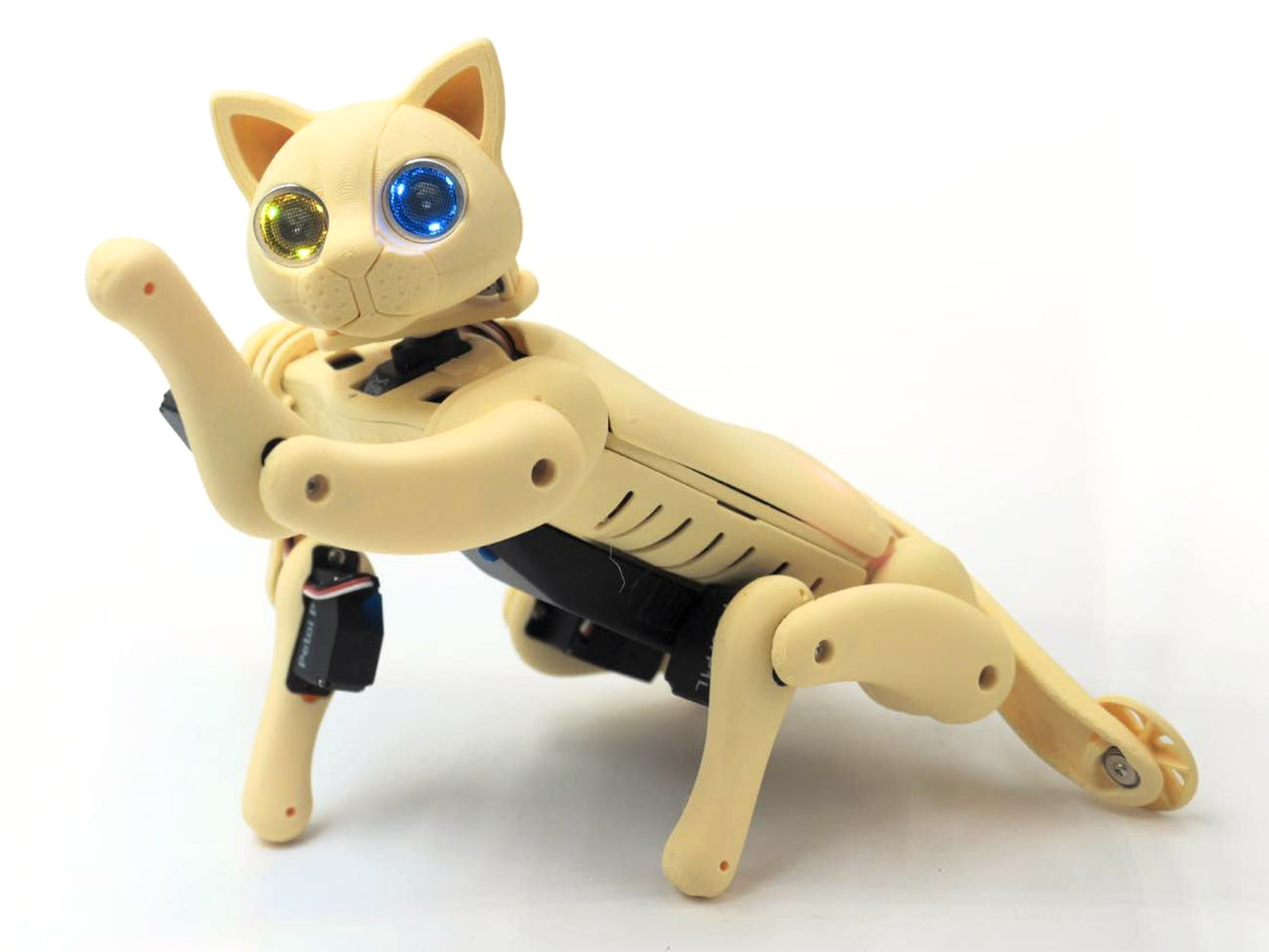
Welcome to Getting Started with Intel Galileo Maker Sessions! This 3 week program will engage teams of makers around the world to participate in making using Galileo, Intel’s brand new Arduino-compatible development board featuring Intel architecture. Along with a few Master Makers, we’ll host weekly live sessions via Google+ Hangout On Air. We’ll talk about the tools and techniques to build with the platform and we’ll share your team projects, culminating with a live show-and-tell of the most creative builds. Throughout the program, you can connect with other teams in the Google+ community to share your progress, offer tips, and get help. Even if you don’t have a team, we invite you to join in as we learn more about Intel’s Galileo.
Mark your calendars for our three live Google+ Hangouts On Air:
All sessions will be recorded and available in our archive on this page and on YouTube, but we encourage you to join us live so that you can ask questions and interact with other teams. During the live sessions, post your questions and comments to the community page.
About Maker Sessions
Getting Started with Intel Galileo is the latest Maker Session presented by MAKE magazine and Intel. This 3 week program is designed to engage teams of makers around the world to participate in making using Galileo, Intel’s brand new Arduino-compatible development board featuring Intel architecture.
Making and hacking: Live online events using a Google Plus community to bring together makers online and at physical locations for hacking and making. Maker Sessions are organized around a theme or a purpose – to look at technologies that enable new applications and to encourage people of all skill levels and interests to participate in the development of ideas and applications.
Hacking the hackathon: Bring makers together where they live and work – at home, at a university or at makerspaces. Explore opportunities to do something cool – something that perhaps nobody else is doing. Learn from master makers about an application area and discover cool maker projects.
Recent Galileo Posts

Microsoft’s IoT Developer Program Puts Windows on Little Boards
I found it interesting that you could put Windows on an Intel Galileo. Like the version of Windows for for small tablets, it's free (as in beer). To program a Galileo running Windows, you’ll need to run Visual Studio and write some C++.
- Posted by Brian Jepson | December 15th, 2014 3:01 PM

Robotic Sea Creatures that Respond to Invisible Waves
Designed to engage and empower the maker community, Intel’s “Inside the Blue” project, developed in tandem with digital media agency Noise, encourages makers to create robotic creatures using their Galileo board. These creatures are meant respond to invisible waves all around us. To help makers get inspired, they recruited beta teams to make a few […]
- Posted by Matt Richardson | October 17th, 2014 2:01 PM

Intel Asks, What Will You Make?
A garage door opens. The camera pans in. This could be Cupertino, 1976, but it's not. It's today, at your neighborhood makerspace.
- Posted by Nick Normal | October 2nd, 2014 9:01 AM

Wyliodrin Cloud Programming Supports Pi and Galileo
Wyliodrin is an online service that allows you to visually create applications for Linux development boards and control them from your browser. You can use their service to program a Raspberry Pi and they’ve recently partnered with Intel to allow you to program second generation Galileo boards. Users can start with Visual Programming, a language […]
- Posted by Matt Richardson | September 15th, 2014 7:01 AM

Intel Announces 2nd Generation Galileo Development Board
In late 2013, Intel launched Galileo, their Linux-powered, Arduino-compatible development board which runs on their silicon. Today, Intel officially announces the second generation of the Galileo development board, which was teased at MakerCon last May. “We’ve made a number of enhancements to the Intel Galileo board based on feedback from the active Galileo user community,” […]
- Posted by Matt Richardson | July 15th, 2014 10:29 AM
Recent Robotics Posts

From Shoe Box to Smart Robot: A Maker’s Journey to Autonomy
In a niche corner of the internet where creators still surprise audiences with real animatronics rather than CGI, Jesse Velez reveals the process behind the most impressive sci-fi props.
- Posted by Gillian Mutti | January 26th, 2026 3:47 PM

From Sketch to Success: Prototyping Secrets with a BattleBots Designer
In a niche corner of the internet where creators still surprise audiences with real animatronics rather than CGI, Jesse Velez reveals the process behind the most impressive sci-fi props.
- Posted by Gillian Mutti | January 20th, 2026 9:50 AM

Behind (The Walking) Hand of a Sci-Fi Icon: Animatronics Designer Jesse Velez Gets into the Geeky Details
In a niche corner of the internet where creators still surprise audiences with real animatronics rather than CGI, Jesse Velez reveals the process behind the most impressive sci-fi props.
- Posted by Gillian Mutti | January 12th, 2026 5:28 PM

Simple Animatronic Eyes
Build a simple mechanism for realistic animatronic eyes! Use them with live joystick control or automated projects.
- Posted by Will Cogley | October 29th, 2025 12:30 PM

Petoi Programmable Robot Pets: Reviewed
We had a blast reviewing Petoi's robot pets. They're easy to use right away, with plenty of possibility for experimentation.
- Posted by Sam Freeman | August 18th, 2025 9:00 AM

